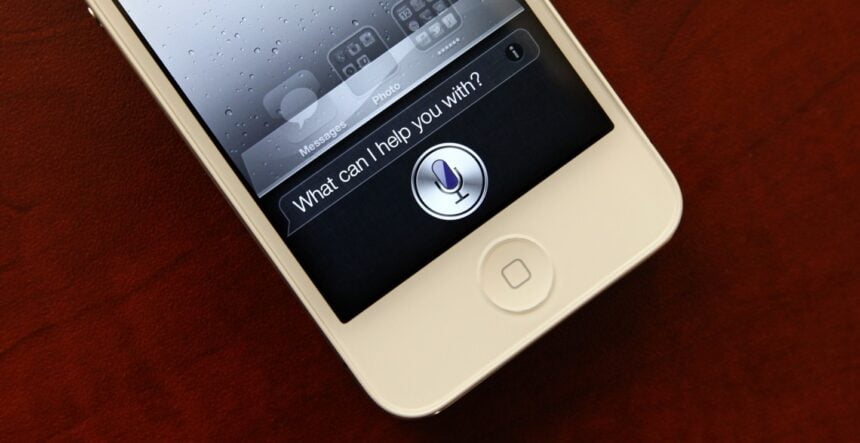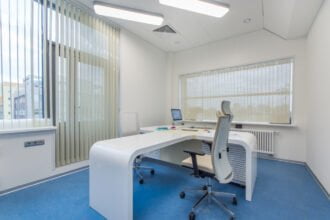Have you ever asked Siri to marry you?
It’s okay to say yes. I have — and I’m married, with two daughters!
Why would I ask Apple’s “intelligent personal assistant” to marry me? Well, it’s simple. I wanted to see how she would respond.
Wouldn’t you?
This story of my (uncomfortably close) relationship with Siri is the perfect illustration of how humans and technology are becoming ever more tightly intertwined. Most notably, our mobile devices have become essential tools. They act as our remote brains, shape our relationships and even help us find food.
Have you ever asked Siri to marry you?
It’s okay to say yes. I have — and I’m married, with two daughters!
Why would I ask Apple’s “intelligent personal assistant” to marry me? Well, it’s simple. I wanted to see how she would respond.
Wouldn’t you?
This story of my (uncomfortably close) relationship with Siri is the perfect illustration of how humans and technology are becoming ever more tightly intertwined. Most notably, our mobile devices have become essential tools. They act as our remote brains, shape our relationships and even help us find food.
Each day, I collect stories about the surprising ways technology is influencing health. (It’s part of my job as a digital health futurist.)
I’m not just talking about bits, bytes, hardware and software.
Instead, I’m more interested in how technology shapes the very human aspects of health. How we feel. How we perceive the world. How we care for others — and how they care for us.
Here are three tales from the frontier of health and technology that I think you’ll enjoy.
How Siri Is Helping a Boy with Autism Connect with the World
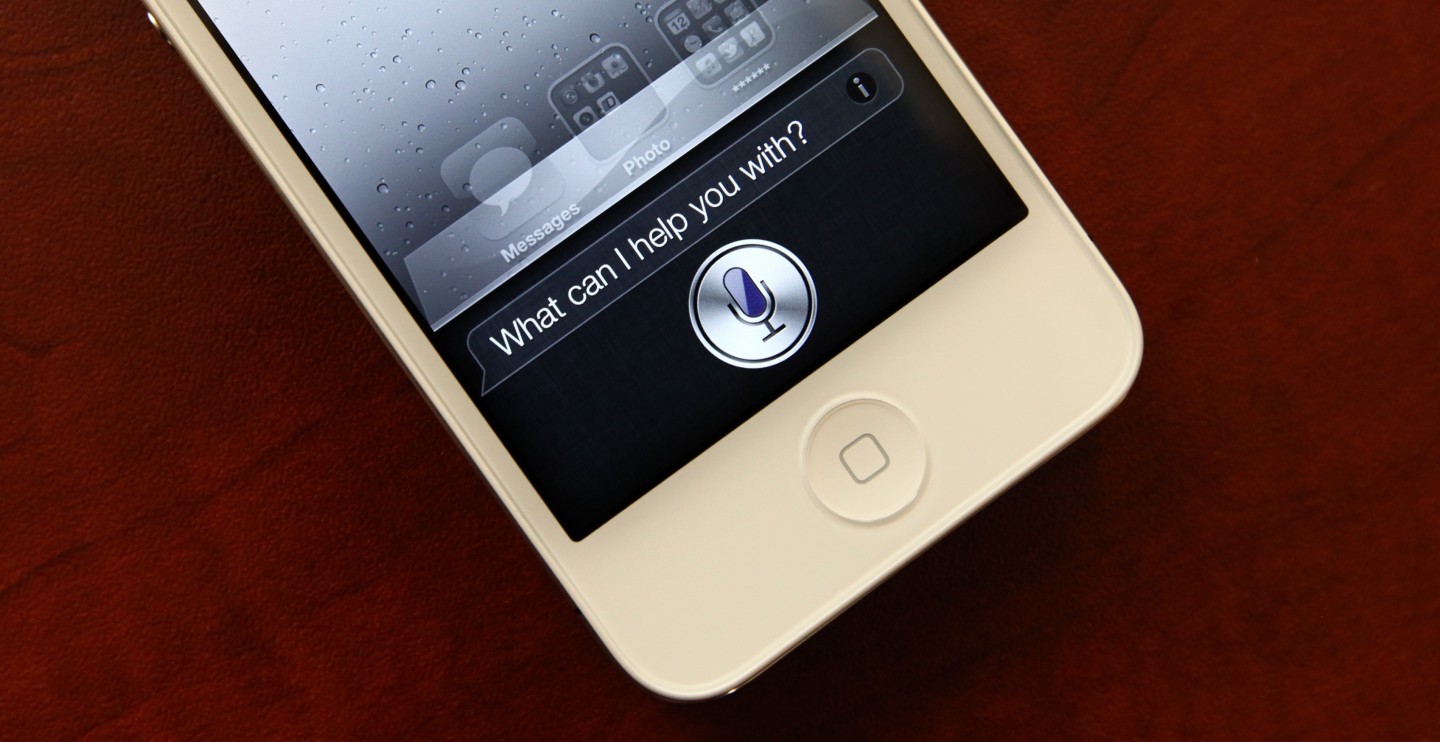
I was inspired to ask whether you had ever asked Siri to marry you because of this story. A few weeks ago Judith Newman wrote an essayabout how her autistic son Gus is using Siri to connect and communicate with the world.
Gus is so close to Siri that he asked her to marry him. She said no (Siri rejected me too). But, he is holding out hope that Siri will change her mind one day — if her end user agreement ever allows for marriage.
This story demonstrates how technology can be a tremendous help to people with conditions that make it hard for them to interact with other humans.
One day machines like Siri will become even smarter and help countless children and adults interact with the world, develop meaningful relationships with others, love, laugh and live life to the fullest.
Isn’t this what being healthy is all about?
It’s Okay Facebook, Make Me Happy
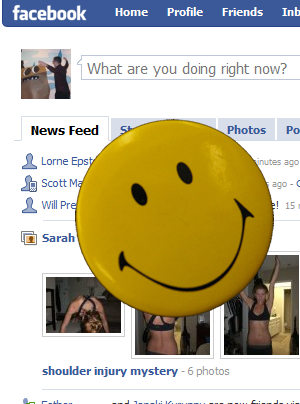
Here’s a hard truth: It’s likely that Facebook has conducted dozens of secret experiments on its users (like this one designed to make users happy).
Is this activity ethical? Perhaps not.
But, experimentation is firmly rooted in Facebook’s culture and it has a massive data set to work with. It’s not surprising that Facebook is letting researchers loose on its data and tweaking its content to prompt certain responses from users.
Here’s one area where Facebook’s powers could be used for good: suicide prevention. In fact, Facebook has been looking for ways to help prevent suicide for a number of years. Last year, Facebook announced that it had partnered with the suicide prevention group Save.org to monitor “suicide warning signs” from people’s posts on social media.
Consider this scenario. Facebook knows when people are doing things on the site that suggests they are very depressed. It uses this data to identify people in the midst of life-threatening depressive episodes. These individuals are flagged and provided with content that’s proven to boost their mood and encourage them to seek help for depression. Facebook’s quiet efforts help to save lives.
In this context, I would support Facebook engaging in experiments that help us better understand and help people with mental illnesses like depression. This work would have to be done ethically and safely, but it’s essential.
If Facebook saves lives, it can make me happy any day.
App, Can You Help the Doctor Talk to Me and Not the Keyboard?
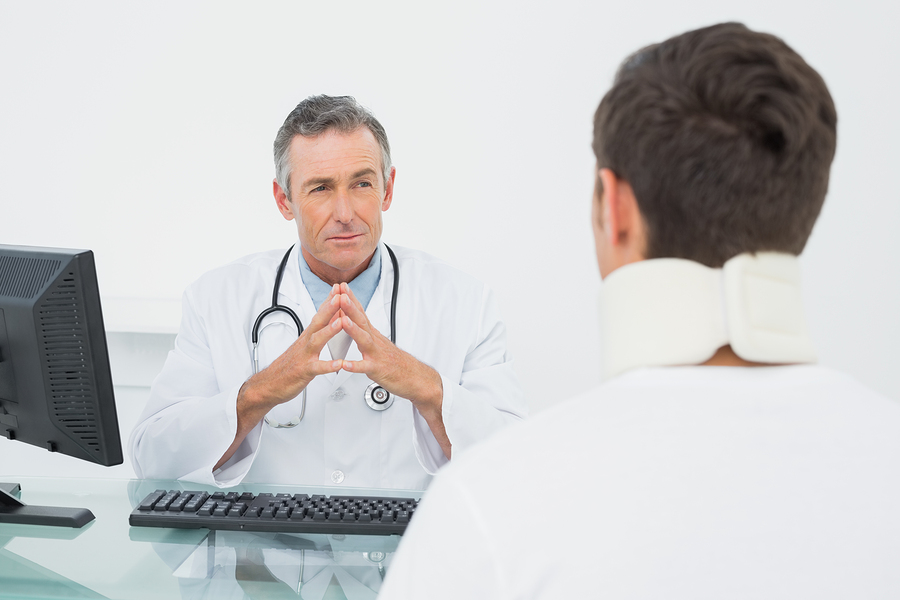
I’ve started to hate going to the doctor.
Why? Doctors don’t really talk to me (or my wife) anymore. They talk to the computer.
“Okay, so you’re here for X.” (Click, click). “What medications are you taking?” (Click, click.)
Whatever happened to the days when the doctor came into the room, made eye contact, shook your hand said: “What’s the problem?”
Electronic medical records can do a lot of good, but they threaten to damage the human-to-human connections between patients and doctors. Patients are just data, and doctors have become data entry specialists.
I doubt this is what physicians went into medicine to achieve.
We desperately need smart health apps that:
- Collect my health data when I’m outside of the office
- Securely delivers this information to my care team
- Makes data available to me and my doctor when it’s needed
- Allows us to have a conversation during office visits that is informed by relevant, actionable data
This is one area where digital health can play a massively important role. And, I’m happy to report there are apps that allow patients and doctors to connect on a human level.
The folks at the company, @Point of Care, developed one of them. I had the pleasure of chatting with the founder of the firm Robert Stern about his technology during a digital health conference I produced earlier this year. We talked a lot about how their technology (by doing everything I listed above) helps to preserve the magic moment of connection that can occur between patient and doctor when the physician first enters the exam room.
Putting humans at the center of healthcare rather than machines. Imagine that.
What Are Your Stories?
What are your stories of how technology is shaping the human aspects of our spiritual, mental and physical health? Have you ever asked Siri to marry you? Please let me know in the comments.
If you enjoyed this post, please share and comment below to let me know!

